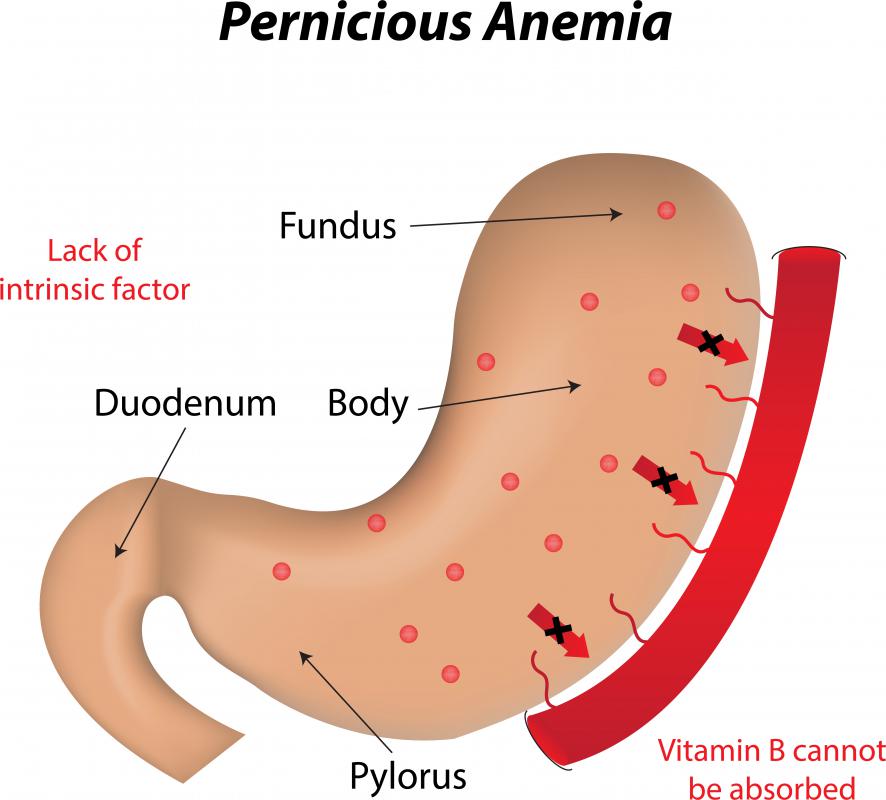This could be one reason why some of the long term studies on the elderly have found a
decrease in cognitive decline. In a 20 year population based study on
3,612 people aged 65 or more,
researchers found a lower rate of decline in the participants who took Ginkgo
biloba extract.
Coconut oil is rich in medium-chained-triglycerides (MCTs),
which your body and your brain prefers to use for energy. Coconut oil has surged in popularity in recent years, with good cause. It is ant-viral, ant-microbial, and anti-fungal. It is also extremely versatile, it can be used in cooking, baking, in smoothies, and even to make your own antioxidant chocolate.
Avocados monounsaturated fat plumps up cell membranes and
protect the cells from free radical damage. This wonderful vegetable has received a bad rap for too many years. This is a healthy fat, unlike trans fats, which can slip into the cell membranes, but which do not have the ability to help the cells move nutrients in and wastes out.
Wild salmon, which also provides the fat needed for the phospholipid bilayer around our cells, has omega-3 fatty acids. Omega-3 fatty acids contain EPA (eicosapentaenoic acid) and DHA (docosahexaenoic acid). These are long chain fatty acids and they have been the subject of a great deal of research. Improvements in mood disorders such as depression, cognition, and autoimmune disease have all been noted. Other fatty fish like anchovies, bluefish, herring, mackerel, and sardines also have EPA and DHA, as does fish oil.







